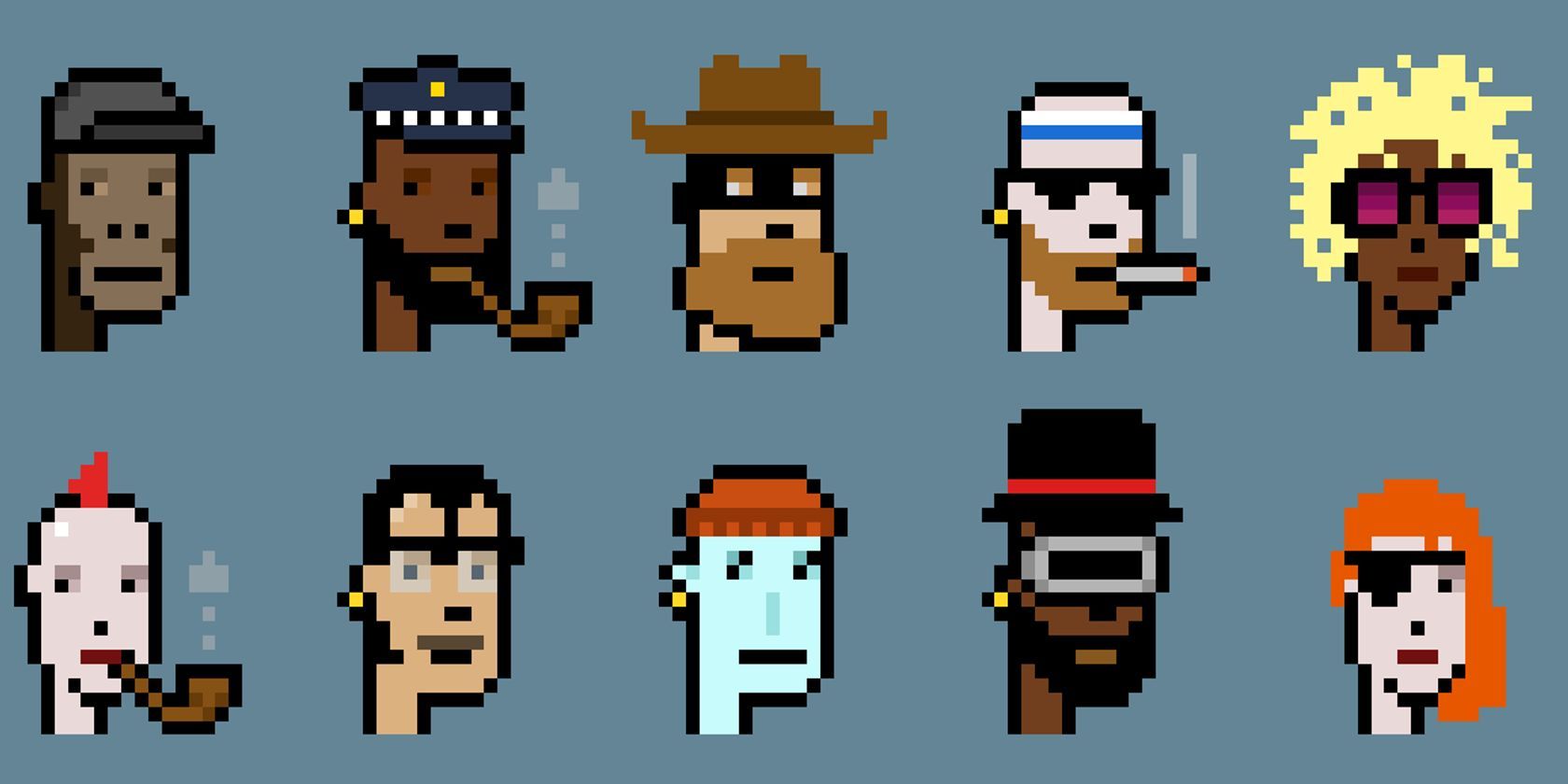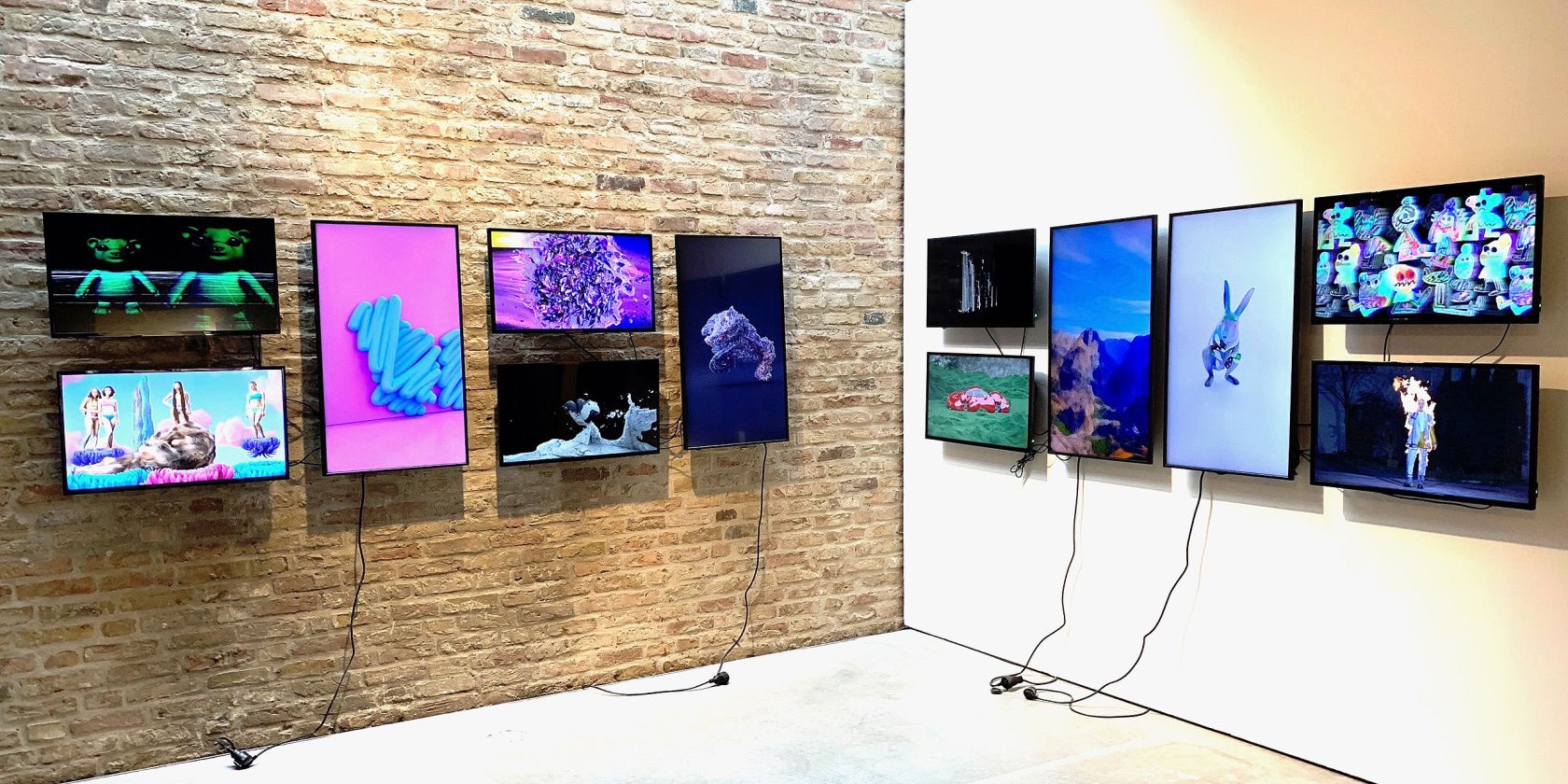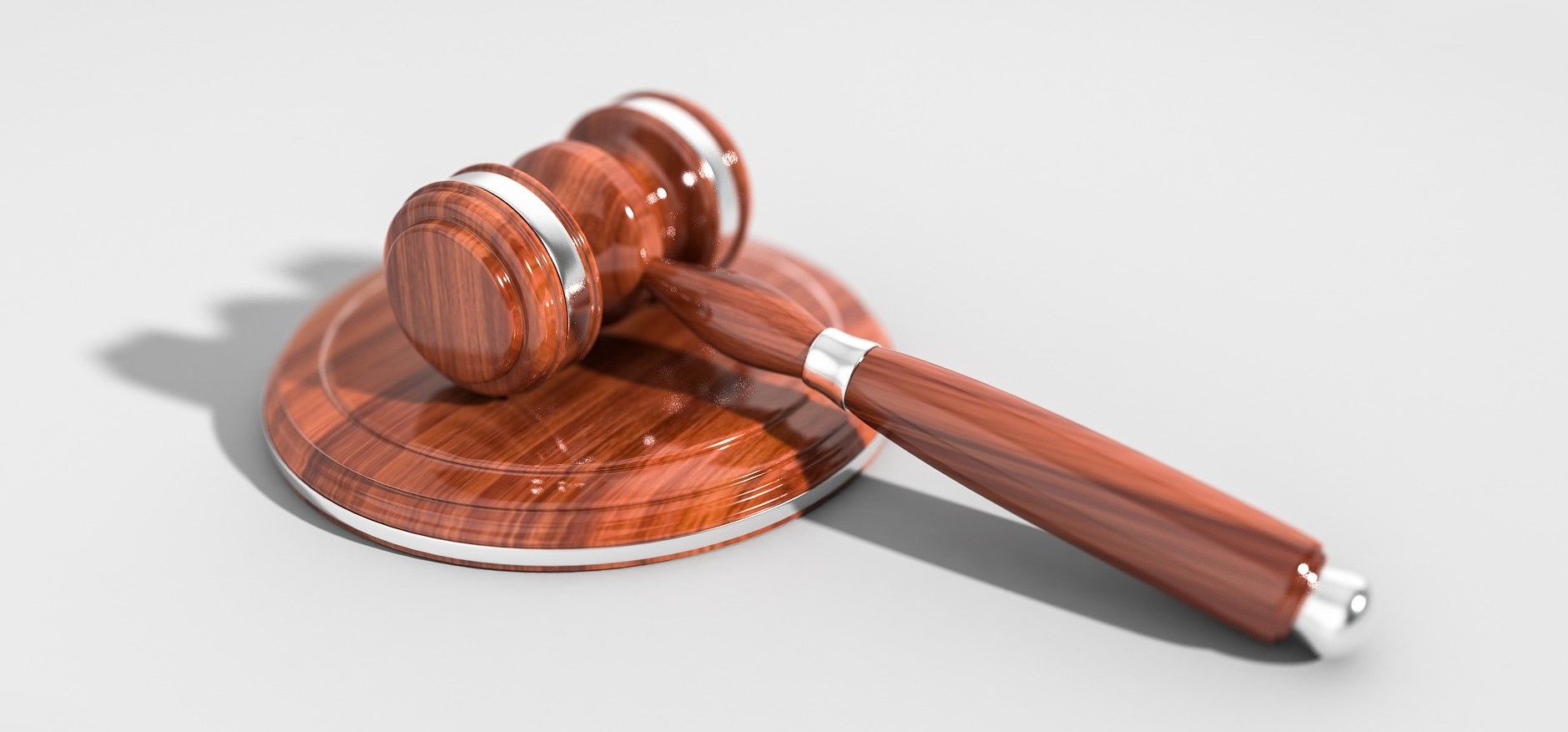One of the most controversial elements of NFTs is whether you really “own” the artwork that you buy. On top of this, questions surrounding copyright and intellectual property theft within the NFT industry are equally important, as it’s easy to misunderstand how these things work. So, let’s break down NFT copyright law into its simplest explanation.
The Background of NFT Law

Because NFTs are such a new phenomenon, the laws surrounding them in each country around the world are still evolving. We’ll be discussing U.S copyright law with regards to NFTs.
American officials currently consider NFTs to be a work of authorship, and so are treated as such in the eyes of the law. However, the work needs to be registered with the U.S Copyright Office to be legally protected. But, unlike a physical artwork, NFTs do not have any inherent value. The price of an NFT essentially relies on market demand, artist hype, and the price a buyer is willing to pay. So, how are laws applied to NFTs given their unstable nature?
The concept of intellectual property theft (also known as IP theft) is often strongly associated with the NFT market. In short, intellectual property is something intangible that belongs to a person because it is their creation (and therefore their creative property). Examples of intellectual property include designs, songs, and patents.
So, now we’re aware of the factors influencing NFT law, let’s get into which laws specifically are applied to the NFT market.
The Basics of NFT Copyright Law

Let’s start with one of the biggest questions: if you buy an NFT, do you then own the work and the copyright?
When you purchase an NFT, you’re buying a cryptographically signed version of the artwork, not all rights to the artwork itself. This means that you will never literally own the art, just a link to the artist’s signed file. In short, you own a hash on a blockchain when you buy an NFT, nothing more. It is often the case that the original artist of an NFT will retain the copyright of the work even after the work has been sold (though artists sometimes transfer the rights to the buyer).
So, if someone wanted to take a screenshot of the NFT you own and upload that screenshot elsewhere, they are entirely within their rights to do so. On top of this, you have no legal rights if someone wants to copy the NFT you’ve bought and sell it as their own. This is a breach of the artist’s rights, not yours.
However, these NFT regulations change depending on the platform you’re using. Each NFT marketplace has its own terms and conditions, so it’s important to check these before you make a sale or purchase.
Though NFT laws are confusing in some areas, copyright is still very important. For example, if you wanted to create an NFT collection of a famous artist’s works, you need to get permission from the artist or their estate if they have passed away if you want to use their work to make money.
The U.S Copyright Act states that “no one other than the copyright owner may make any reproductions or copies of the work.”, so the same goes for using sounds, symbols, characters, or any other creative elements in an NFT which another creator owns.
It is also stated in Section 504 of the U.S Copyright Act that anyone selling an infringing work will be liable to all damages incurred (which can be as much as $150k if it is found that the individual was aware that they were infringing). So, if a person decides to use someone else’s work to make a buck in the NFT market, they could be in big trouble.
This is an ongoing problem within the NFT industry and is giving way to many legal disputes and lawsuits aimed at creators, sellers, and buyers alike. So, let’s take a look at some notable occasions on which NFT copyright law has been misunderstood.
Past Cases of NFT Copyright Breaches

At this point, there have been hundreds, if not thousands, of cases of copyright breach within the NFT industry. One such breach almost took place in February 2022. A group of crypto and NFT enthusiasts received backlash for attempting to create a minted NFT collection of cards from Magic: The Gathering cards, owned by Wizards of the Coast. Though these individuals were fans of the game (and owned the cards they wanted to mint), they certainly misunderstood their rights.
This blatant copy of someone else’s work is, as you could guess, illegal, and MTG’s lawyers soon swooped in to stop this venture in its tracks. They sent this group of fans an email stating that they were “operating under the mistaken assumption that the project would be legal”.
They followed this by stating that “it is the exclusive right of the copyright owner to reproduce the copyrighted work, such as a MAGIC card, in any format.” So it’s safe to say that this particular group of individuals won’t be delving into selling MAGIC NFTs any time soon.
Some NFT creators have also tried using fashion trends to turn a profit. In January 2022, haute couture giant Hermès sued NFT creator Mason Rothschild for depicting bags in his pieces that were very similar to the famous Birkin bag produced by Hermès. Rothschild even named his collection “MetaBirkins,” clearly indicating that he used Hermès’ design to inspire his work.
The company submitted a 47-page complaint to New York’s Southern District Court, and Rothschild has defended himself, stating that he is protected by the First Amendment guaranteeing freedom of speech. It is not yet known how this lawsuit will play out, but it is representative of the misconceptions surrounding NFT copyright law and its effect on those within the industry.
NFT Law Can Be Tricky, But It’s Crucial to Understand It
For anyone interested in becoming a buyer or seller within the NFT market, it’s incredibly important to first understand how the laws surrounding NFTs affect your rights.
While the ownership and copyright parameters of NFTs can be a little hard to wrap your head around, taking a little time to familiarize yourself with them could end up saving you a lot of money in the long run.
Read Next
About The Author